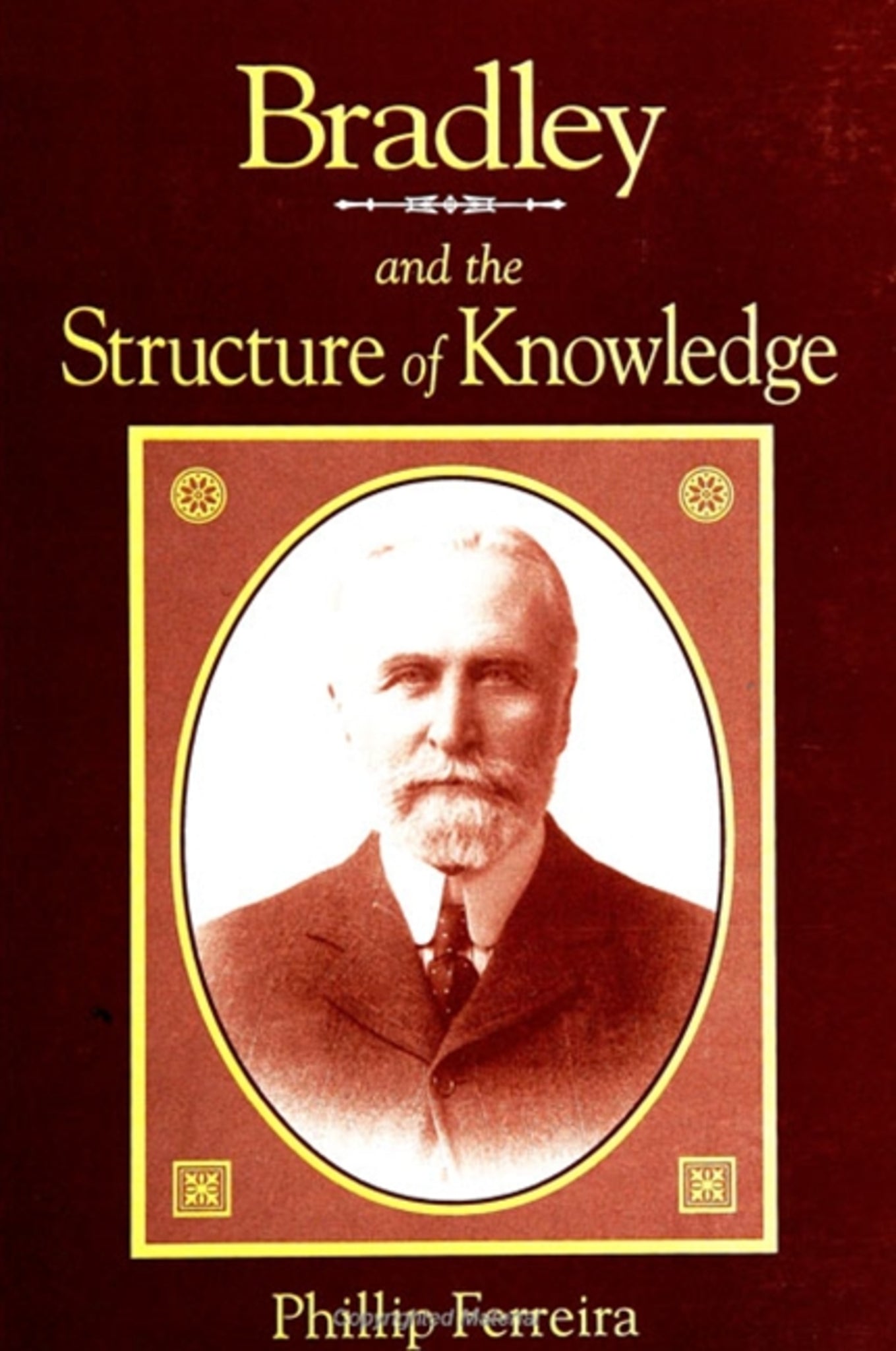We're sorry. An error has occurred
Please cancel or retry.
Bradley and the Structure of Knowledge

Some error occured while loading the Quick View. Please close the Quick View and try reloading the page.
Couldn't load pickup availability
- Format:
-
29 April 1999

Arguing against those who situate F.H. Bradley as a skeptic, mystic, or empiricist, this book makes a case for understanding his thought firmly in the tradition of rationalistic idealism.
This book examines some of the central logical and epistemological doctrines of British idealist philosopher, F. H. Bradley. Through a detailed analysis of Bradley's doctrine of judgment and its relation to "feeling," Phillip Ferreira views as mistaken recent efforts to see Bradley as a writer in the tradition of anglo-empiricism. And, though the significance of Bradley's thought remains great, Ferreira contends that it stands at a considerable distance from mainstream philosophical analysis. Arguing against those who see Bradley as either a skeptic or a mystic, Bradley and the Structure of Knowledge places the thought of the nineteenth century Oxford philosopher where it was originally understood to belong-firmly in the tradition of rationalistic idealism.


"Bradley and the Structure of Knowledge provides a readable guide to a difficult philosopher. It contains numerous insights and it reveals some unexpected ramifications of Bradley's views. Moreover, it does this repeatedly and in surprising places." — James W. Allard, Montana State University
"This is a clearly written exposition of Bradley's logic. Given the virtues of its argument and this clear exposition, Bradley and the Structure of Knowledge will provide a good entry to idealist and Bradley studies." — Fred Wilson, University of Toronto
Acknowledgments
1. Introduction
2. The Differentia of Judgment
3. Symbol and Significance
4. The Classification of Judgment
5. Searching for Categorical Truth
6. Contradiction and Thought
7. Coherence (of a sort) and Error
8. Feeling and Knowledge (i)
9. Feeling and Knowledge (ii)
10. Two Critics: Russell and James
Conclusion
Appendix: Associationism
Notes
Selected Bibliography
Index



